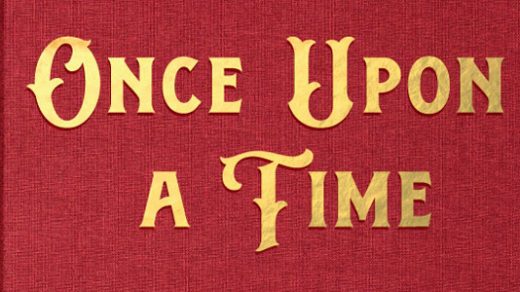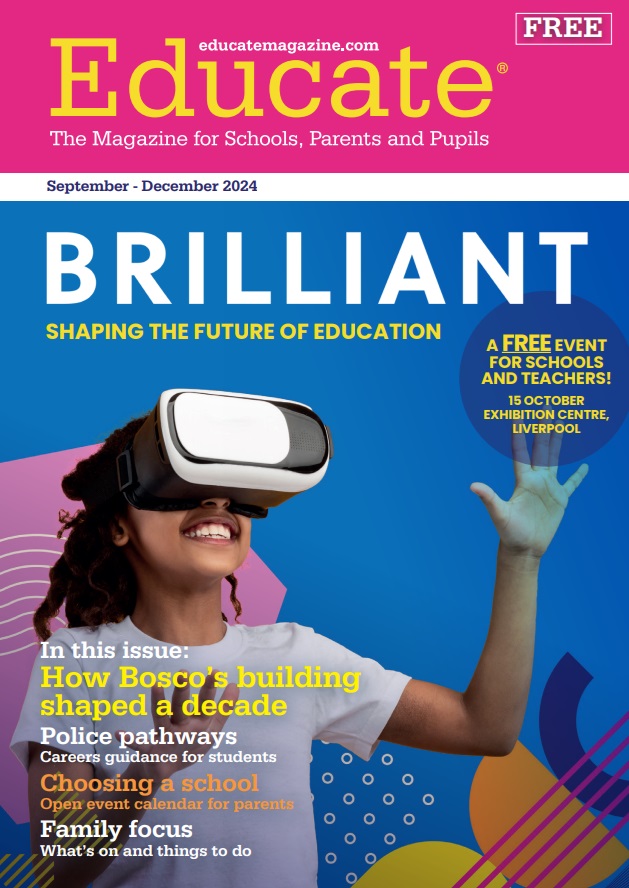England ranks 4th in international reading report

The reading performance of primary school children in England has been ranked fourth in an international report out of 43 countries.
The Progress in International Reading Literacy Study (PIRLS) assesses the reading skills of 9 to 10-year-olds globally. It is conducted every five years.
In the 2021 report, released today (16 May 2023), England’s score was 558. This is above the international average of 520 and the European average of 524.
England and a few other countries delayed data collection by 12 months as a result of Covid-19 to minimise disruption in schools during the pandemic, still testing the standard age group, allowing direct comparisons to be drawn.
Other countries delayed by six months and tested older children. The IEA, study organisers, decided that direct comparisons to countries that delayed the assessment and tested older children should not be drawn.
The PIRLS showed both the gender gap between boys and girls scores and the attainment gap between the highest and lowest-performing pupils continue to narrow in England.
Equally, the attainment gap between pupils who like reading “very much” and those who “do not like” reading has also decreased to its lowest ever level, meaning even pupils who do not enjoy reading are still proficiently skilled in it.
To celebrate England’s performance, schools minister Nick Gibb visited a leading English Hub, the Jerry Clay Academy in Wakefield, to take part in a literacy class and see first-hand the improvement in reading standards.
Nick Gibb said: “Driving up standards in literacy has been the government’s long-term priority, and our focus over the past decade has been on improving the teaching of reading through the tried and tested approach of phonics.
“With the introduction of the ‘Phonics Screening Check’ and the ‘English Hubs Programme’, we have given students across the country a solid foundation in reading, and as today’s results show, one which is internationally recognised.
“I am grateful to all the teachers and teaching assistants who have made this possible. Not only are they giving their pupils skills vital for success in their later education, but also a lifelong love and respect for one of life’s greatest pleasures.”
The Department for Education introduced the Phonics Screening Check in 2012 to ensure every 6-year-old is on track with their reading. In 2012 only 58% reached the expected standard, and by 2019 just before the pandemic, this had reached 82%.
UK Prime Minister, Rishi Sunak, said: “Driving up literacy rates is central to our plan to grow the economy, one of my five key priorities, so it’s great to see England move up to fourth in the international rankings for reading.
“These results also show a welcome narrowing in the attainment gap between boys and girls and the highest and lowest performing pupils.
“This shows that our approach is working. Thanks to our brilliant teachers, our tireless pursuit of standards, the pioneering English Hubs programme and the introduction of the Phonics Screening Check – more children are reading confidently and reaching their potential.
“While there is always more progress to be made, pupils and teachers across the country should be incredibly proud of this achievement today.”
The school leaders’ union NAHT also commented on the report.
James Bowen, assistant general secretary at NAHT, said: “While we should always be careful when interpreting international assessments, this is of course an opportunity to celebrate the excellent work that is taking place in schools and early years settings.
“Despite the enormous challenges of Covid and a chronically underfunded school system, teachers, leaders and pupils have continued to defy the odds.
“They deserve huge praise for that. Now is the time for the government to match the ambition of the profession and ensure that every school has the resources it needs to deliver for all pupils across all areas of the curriculum.”
The full PIRLS 2021 report for England can now be read on gov.uk’s website.








